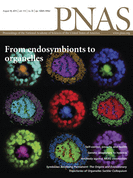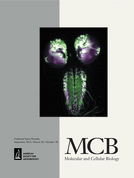Two out of the three authors of a PNAS paper on mutations underlying lung diseases are pulling it after failing to reproduce key findings.
The paper, published in 2012, investigated how mutations in lung surfactant genes induce molecular changes that lead to lung pulmonary fibrosis and lung cancer might work. But follow-up work revealed problems. In the retraction note, last author Christine Kim Garcia and second author Christoper Cano, both at the University of Texas Southwestern Medical Center, write:
Current members of the C.K.G. laboratory are unable to reproduce key findings reported in the paper.
Here’s the retraction note in full:




 It may not be much of a surprise that narcissistic CEOs of pharmaceutical companies will make bold choices, such as adopting radically new technology. That idea remains true, despite a lengthy correction to a paper that supports it.
It may not be much of a surprise that narcissistic CEOs of pharmaceutical companies will make bold choices, such as adopting radically new technology. That idea remains true, despite a lengthy correction to a paper that supports it. An investigation at the University of Florida has led to the retraction of a pair of papers on the stress responses of Caenorhabditis elegans in Molecular and Cellular Biology.
An investigation at the University of Florida has led to the retraction of a pair of papers on the stress responses of Caenorhabditis elegans in Molecular and Cellular Biology.


